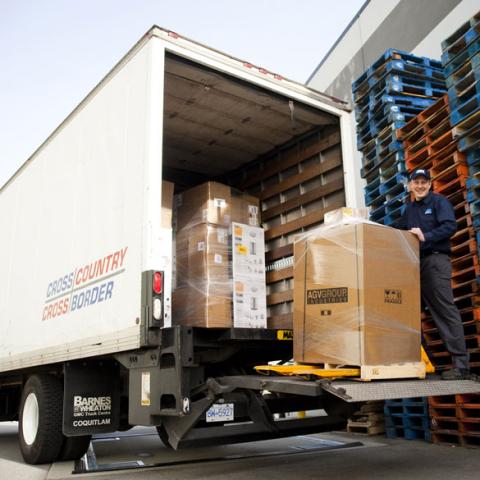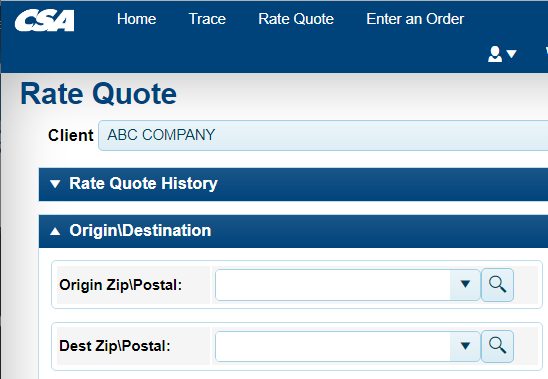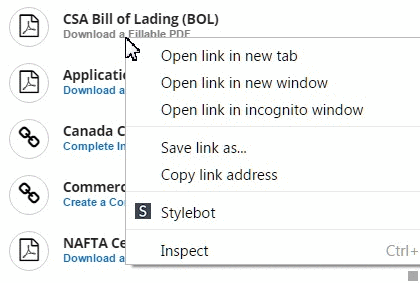What is Blind Drop Shipping?
Today’s eCommerce merchants have various shipping and fulfillment options at their disposal for their shipping strategy. In order to provide excellent customer service, you should gain a deep understanding of what each option entails and how to use it.
Blind drop shipping and double blindshipping are two options that, when executed correctly, can increase the profit margins of your business and improve your distribution momentum. In this article, we’ll answer the question, ‘What does blind ship mean?’, explain blind shipping wholesale processes, and provide a wealth of information about blind shipping methods.
What is Blind Shipping?
Blind shipping is the name given to a popular supply chain strategy within the eCommerce sector. When we talk about blind drop meaning or blind shipping meaning, we refer to a shipment in which the consignee or shipper’s address and identity (or both) are hidden from the other party.
The process of blind shipping allows businesses to ship their products to their customers covertly, without revealing any information about the distributor or manufacturer’s location or identity.
This strategy works for LTL shipments. LTL stands for ‘less than truckload.’ This freight shipping model involves the transport of small freight or freight that doesn’t require the use of a whole trailer. Businesses can use this shipping method for freight weighing between 150 and 15,000 pounds.
How Does Blind Shipping Work?
To organize a blind or double-blind shipment, shippers make arrangements with their freight forwarder to remove the ‘Bill of Lading’ once the shipment has cleared customs. Instead, a blind packing slip is sent along with the shipment so that the supplier’s information is excluded from the delivery.
During double-blind shipments, the freight forwarder is required to provide an incorrect final address to the supplier. In these instances, only the shipper (and the freight forwarder) know the shipment’s origin and final destination.
Blind vs. Double-Blind vs. Dropshipping
Blind shipping is when a shipper forwards a product directly from supplier to customer while keeping the customer’s identity hidden.
Double-blind shipping refers to a process when both the supplier and customer have no information regarding the other’s address and identity.
Dropshipping provides a solution to retailers who don’t want to warehouse their products. Retailers transfer customer order details over to the manufacturer, who then ships products directly to the customer. The drop shipper is given a commission on each sale. In most cases, dropshipped products are white-labeled. However, the drop shipper may apply their own branding.
Blind shippers acquire customers via web advertising. They may be promoting a product as their own, even if it’s a re-labeled product. This is advantageous to manufacturers as they can increase their sales without having to pay additional marketing costs.
Sometimes the manufacturer handles the process of re-labeling, adding a blind packing slip with the retailer’s information. Alternatively, the logistics company could handle this.
Benefits of Blind Shipping
Blind shipping can provide several benefits that reduce the risk of supply chain problems and protect your business:
- Maintain Competitive Advantage
Blind shipping allows you to hide your supplier’s information from your competitors. Suppose you have a fantastic relationship with your supplier and they give you excellent prices and products. In that case, your competitors can try to build relationships with your supplier and impede your business.
- Secure Supply Chain Management
Blind shipping helps merchants maintain an efficient supply chain and decrease customers’ risk of purchasing directly from the supplier. This way, you can protect your company from losing customers as you continue to work as the middleman. Blind shipping is a great way to secure your supply chain if you’re dropshipping. However, when you dropship, you are not in control of the product shipping times or quality.
- Maintain a ‘Hands-Off’ Approach to Business
Blind shipping gives you a hands-off approach to managing your eCommerce business while offering ample protection. You won’t need to maintain stock or inventory yourself, and your supplier will look after shipping orders while you remain anonymous.
However, although this logistics model is cost-effective, most eCommerce businesses opt to store their inventory with a third-party logistics provider. This offers more control, fewer problems, and reduced transit times.
Is Blind Shipping Right for You?
If you own an eCommerce business, blind shipping is useful if you are dropshipping orders. Although dropshipping provides some success for eCommerce businesses, it’s a much different model than partnering with a third-party logistics company.
If you want to optimize your supply chain, outsourcing fulfillment to a third-party logistics provider can give you more control and provide a better customer experience.
Can’t Decide Between Blind Shipping and Dropshipping?
Our 250+ shipping professionals can help you decide the best method for your needs. The CSA Transportation network offers LTL shipping anywhere in the United States and Canada.
Get an online freight shipping quote today!








